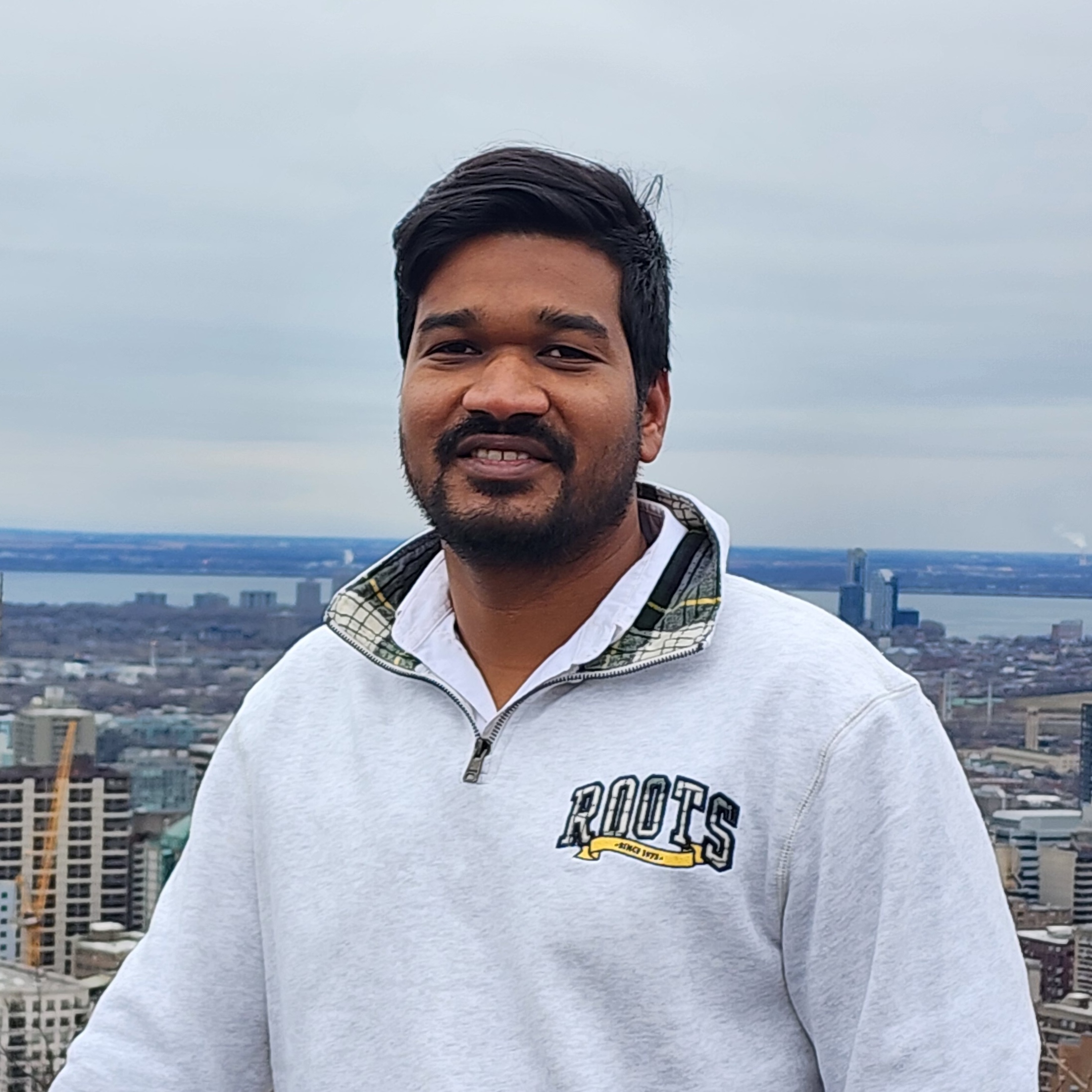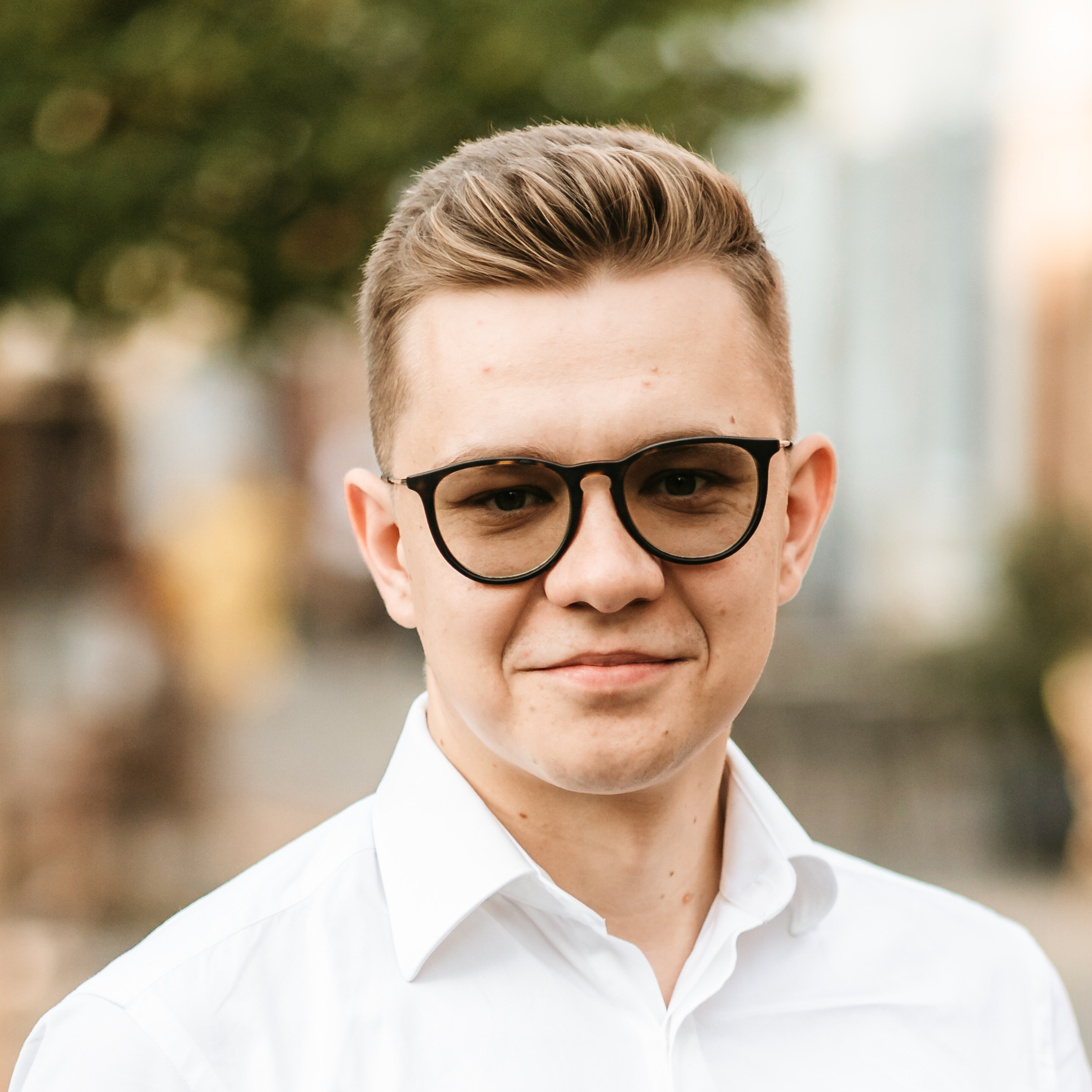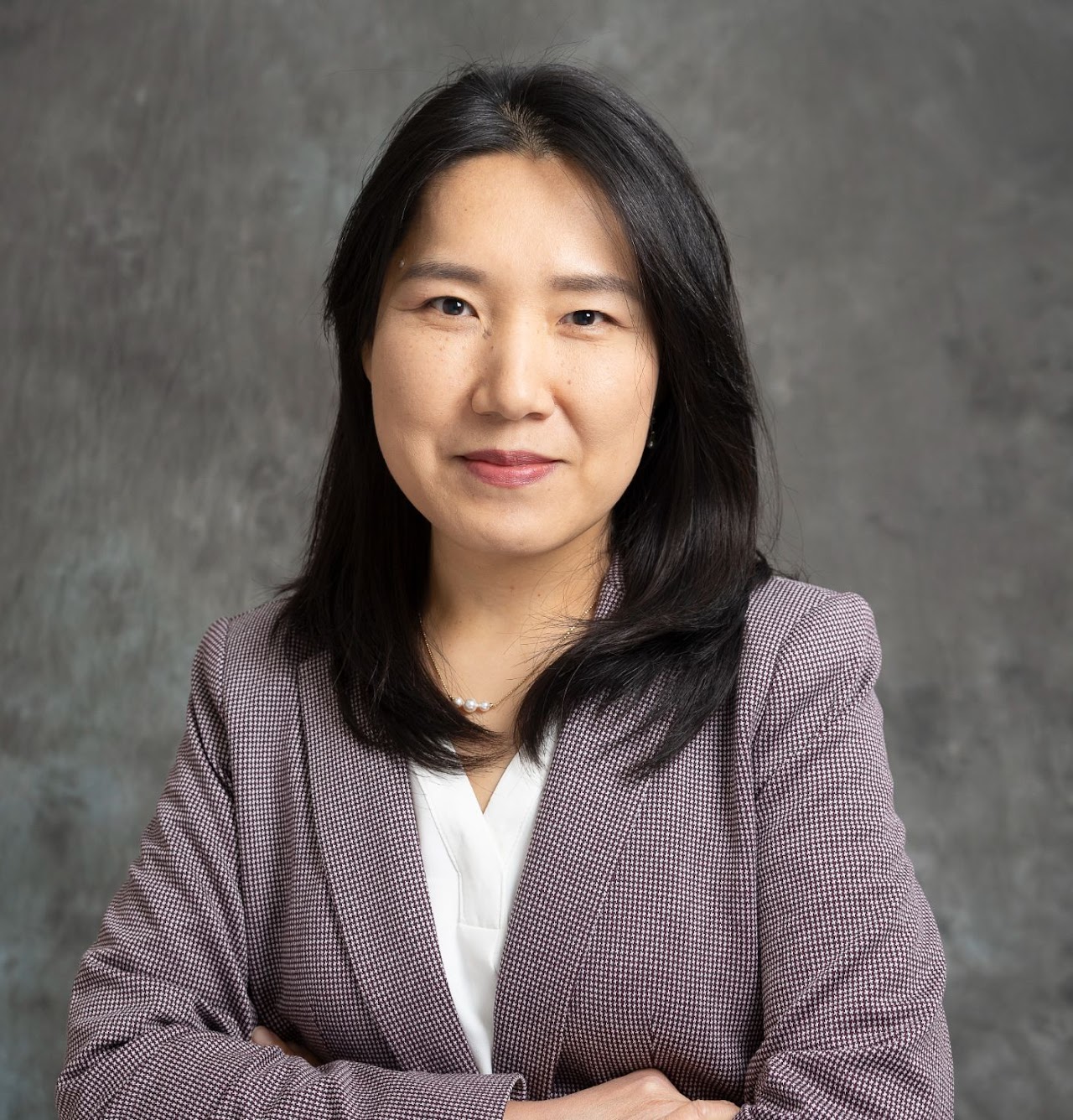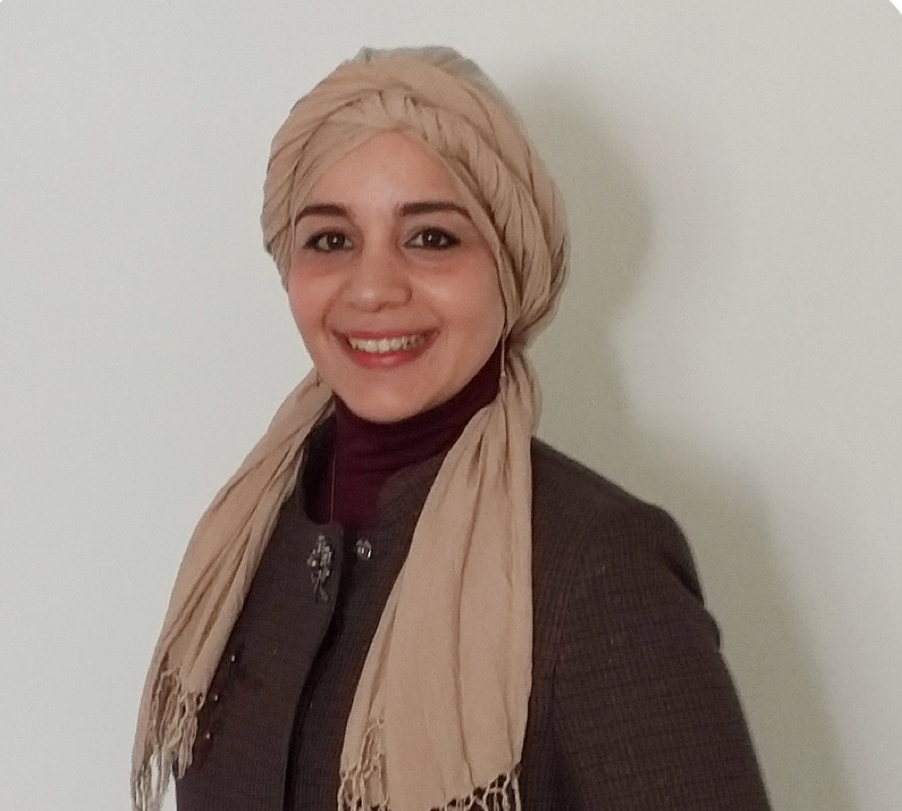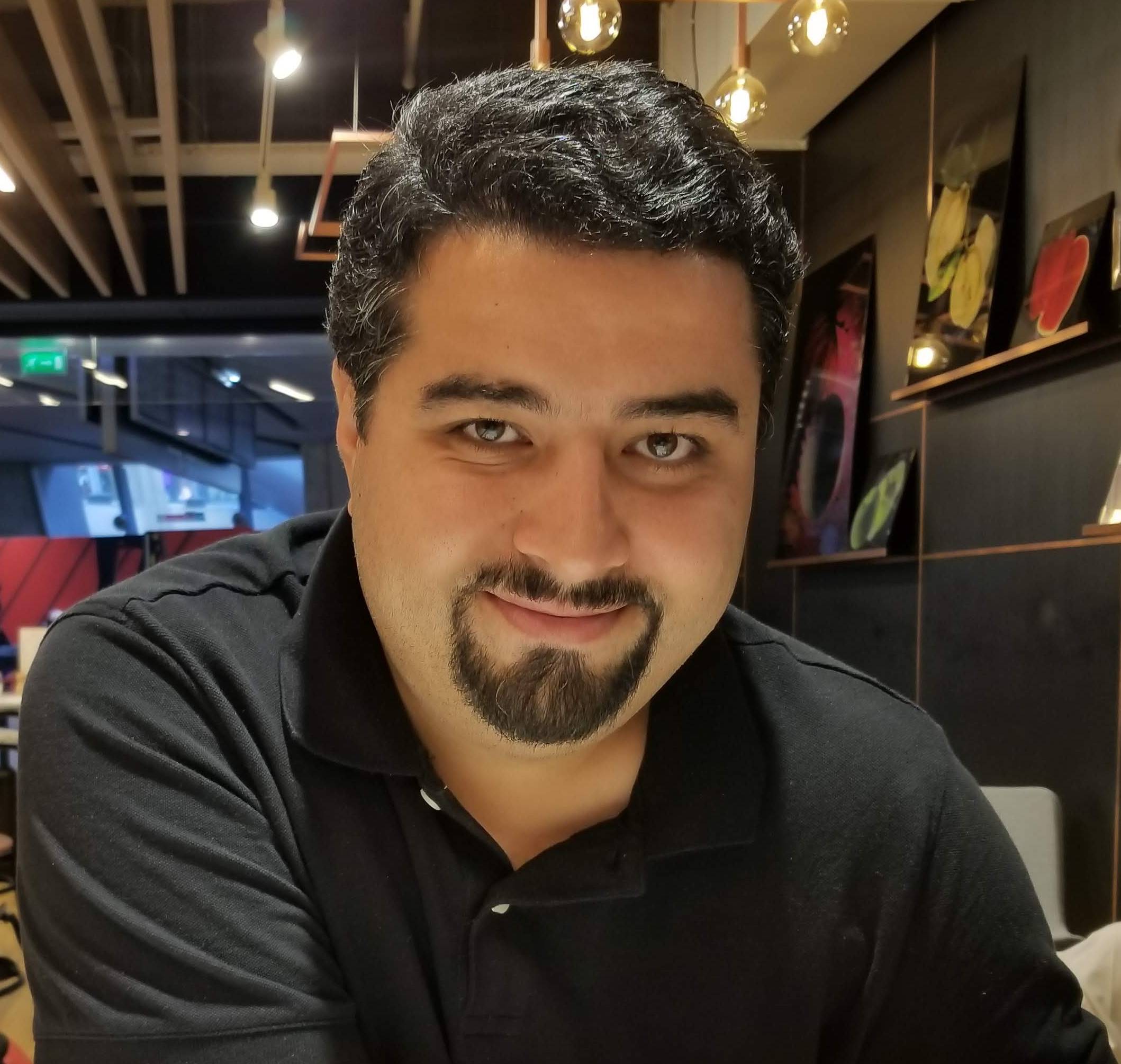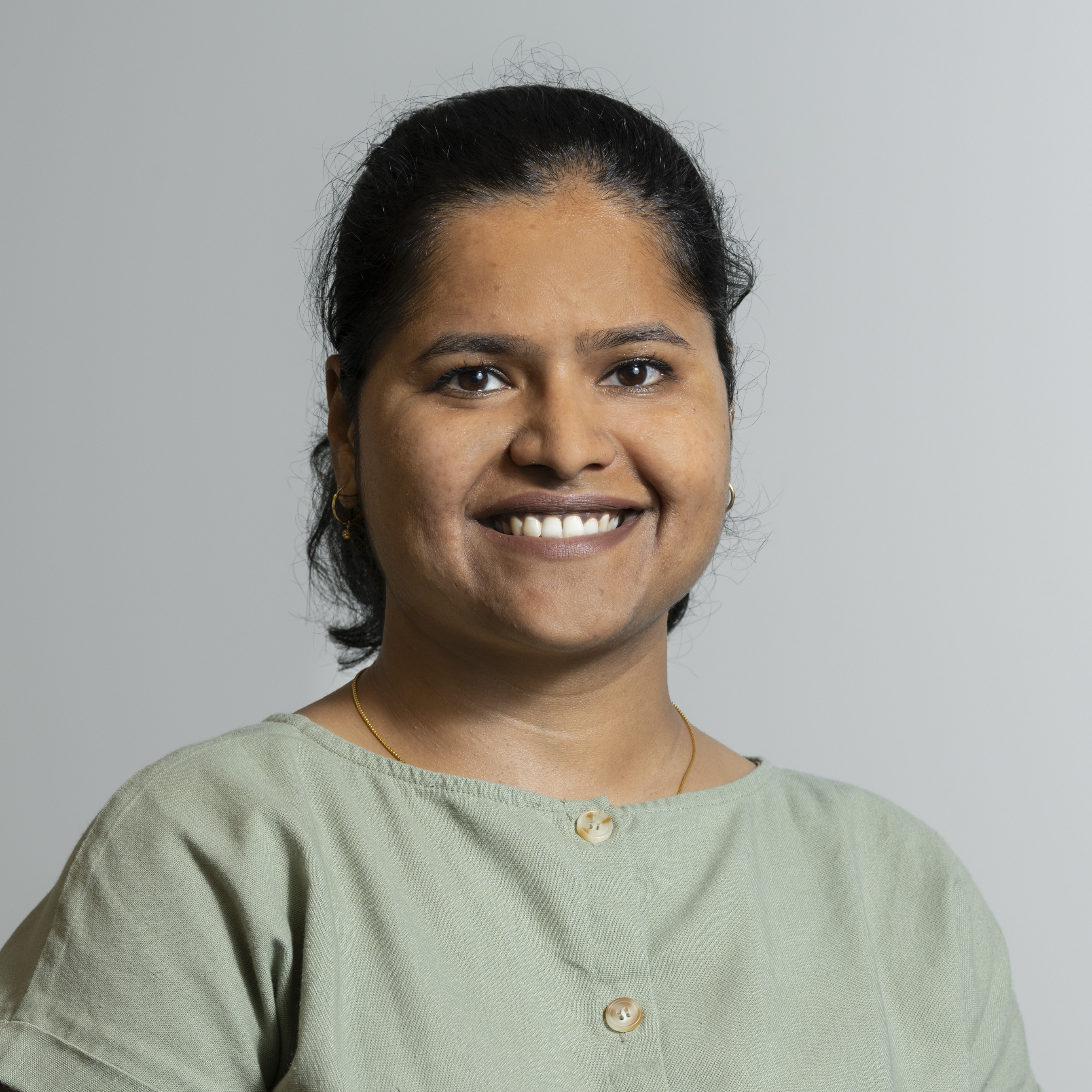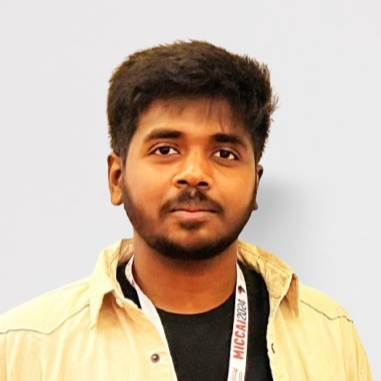
📍 MSB EMERGE 25 will be held in-person as a half-day satellite event of MICCAI 2025 in Daejeon, South Korea 🇰🇷
Overview
Fostering the Next Generation of Leaders in Medical Information Computing
🌟 What is EMERGE?
The MICCAI Student Board EMERGE Workshop, now in its second edition, is a platform dedicated to empowering early-career, student-led research within the MICCAI community. Building on the success of its inaugural year, EMERGE offers early-career researchers a unique opportunity to present and discuss their work, engage with senior researchers, and foster new collaborations in a mentorship-oriented and supportive setting.
Organized by students, for students, the workshop encourages independent research by supporting young investigators in their scientific and professional development. EMERGE provides an inclusive and supportive environment for students at all levels—undergraduate, master's, and doctoral—as well as recent graduates and early-career researchers to showcase their contributions to medical image computing and computer-assisted interventions. Presentations are designed to be mentorship- and constructive feedback–oriented, designed to provide constructive feedback from senior experts. The program includes keynotes by successful early-career researchers and career development talks tailored to young scientists.
🎯 Why Attend?
- Showcase your research at MICCAI 2025 in Daejeon and gain visibility in the global medical imaging community
- Receive expert feedback from senior MICCAI researchers through mentorship-oriented oral sessions
- Network with peers, mentors and potential collaborators in a supportive setting
- Enhance the visibility of your work through oral and poster presentations
- Tailored keynotes and sessions for young scientists by the MICCAI Student Board
- Opportunity to extend your work to MELBA – The Journal of Machine Learning for Biomedical Imaging
📝 Submission Categories
- Archival Track: Full-length papers must present original research not published or under review elsewhere during the review period. Submissions will undergo double-blind peer review. Accepted papers will be published in Springer LNCS proceedings.
- Non-Archival Track: Authors of accepted MICCAI 2025 (main conference) posters may present their work as an oral talk at EMERGE. These submissions will undergo a light, single-blind review for relevance and fit. The presenting author must be a young scientist.
🔬 Scientific Focus
The scope of the workshop covers medical image computing (MIC) and computer-assisted interventions (CAI), in line with the scientific goals of the MICCAI Society. We welcome original research that introduces new methods, applies existing techniques in novel ways, or provides in-depth analysis of medical imaging problems. Contributions may also include rigorous benchmarking or the release of new datasets that support the development and evaluation of medical imaging approaches.
This includes work on image formation, reconstruction, segmentation, diagnosis, and decision support. Studies combining imaging with clinical, molecular, or wearable data, or handling multimodal and longitudinal inputs, are also welcome. We encourage submissions focused on building reliable, fair, and generalizable AI systems, as well as solutions for personalized imaging, point-of-care use, and underserved populations. Topics such as surgical data science, robotic interventions, and teleradiology are of interest. Research targeting region-specific challenges—especially in the Pan-Asian context—is welcome and reflects this year’s special emphasis on the region. With growing interest in emerging areas such as foundation models and generative AI, we also invite submissions exploring their applications in medical imaging and computer-assisted interventions.
🏅 Awards and Publication Opportunities
- The top three outstanding papers will be recognized at the awards ceremony and will receive $300, $200, and $100.
- Accepted full papers will be published in the Springer LNCS MICCAI 2025 workshop proceedings.
- Selected papers will be invited to submit extended versions to MELBA (The Journal of Machine Learning for Biomedical Imaging).
- Accepted contributions will also be featured through our MICCAI Student Board social media channels to increase visibility and outreach.
